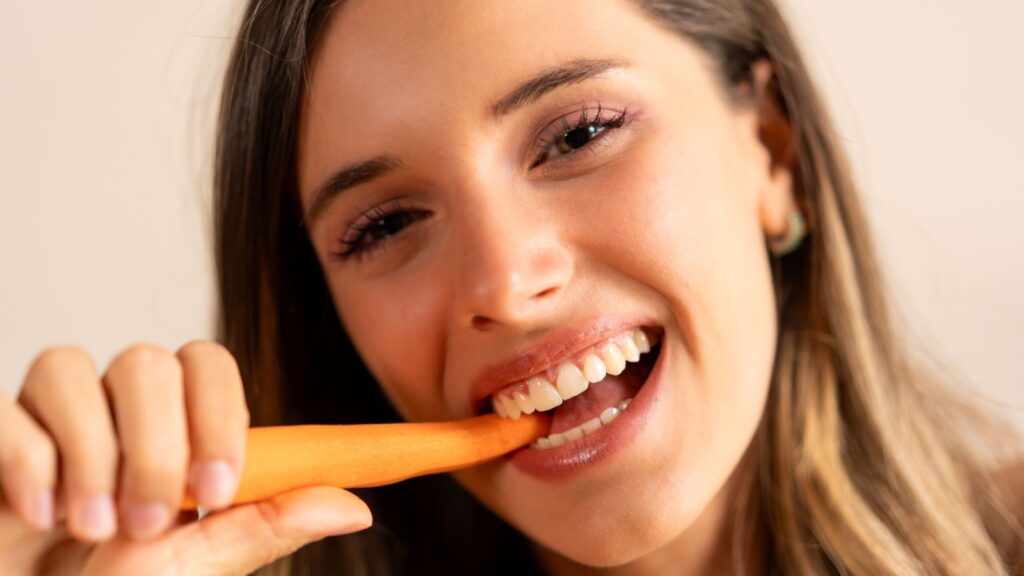You’ve been played… terribly. Many things you learned as a child were 100% authentic? Pure marketing brilliance wrapped in glitter and lies. Get ready to arch an eyebrow because all of these “truths” were good marketing but thin on substance.
“Breakfast Is the Most Important Meal of the Day”

Credit where credit is due, whoever came up with that old cliché? Cereal companies. Fact. John Harvey Kellogg and his dudes didn’t give two hoots about your metabolism pathway — they just wanted more cornflakes in a till. This marketing ploy is embedded in your brain so many times that it’s a sin to skip breakfast. And to most of us, it is just… optional.
Diamonds Are Forever (Says Who?)

You thought diamonds were eternal love? Wrong. That was De Beers, in a nutshell, stealing an entire generation. Diamonds weren’t even the norm for engagement ring stones until their own ad campaign in the 1940s. Now they’re mandatory. Manipulative? Bet your life on it. Sentimental? Only if you like capitalism in a tux.
Vitamin Water Actually Being… Healthy?
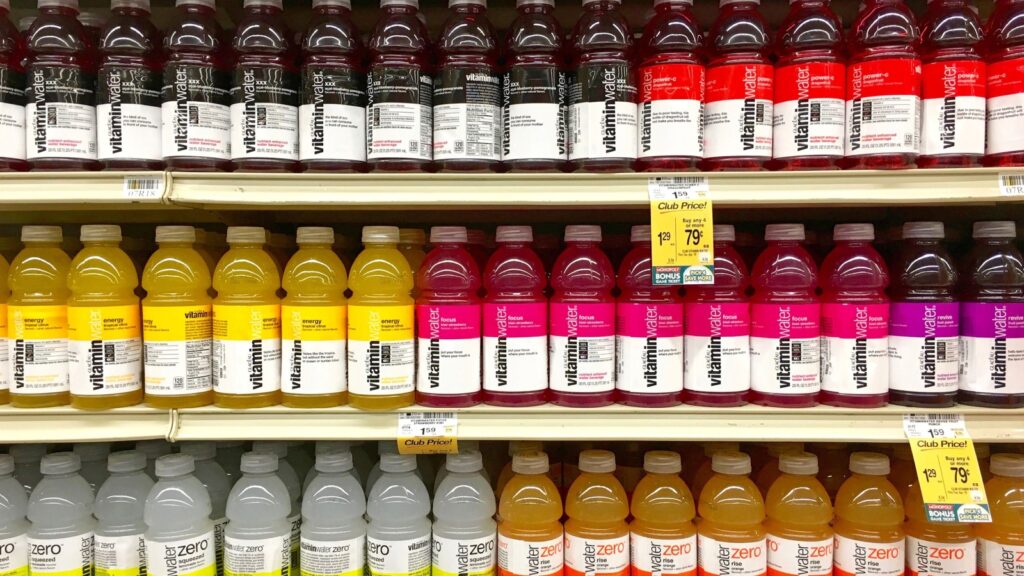
You see the word “vitamin” and you’re all, “Aha, health and hydration!” Surprise! It’s actually just sugar water with a pinch of B12 to shut you up. That radiant flush? All hype — the kind that makes you feel wonderful while silently driving your insulin levels through the roof.
Spinach = Super Strength (Thanks, Popeye)
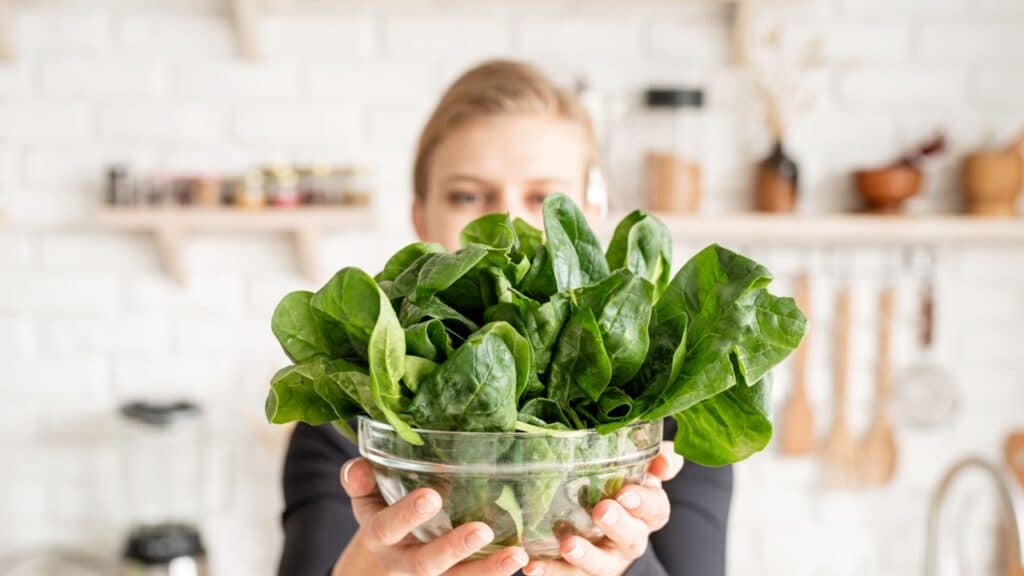
You gobbled down spinach in the hopes it would put some bulk on you overnight. Blame Popeye. All that “spinach brings super strength” nonsense? A campaign (and a misstep regarding it being iron-based). The only thing that was strong was the propaganda.
Carrots Let You See in the Dark
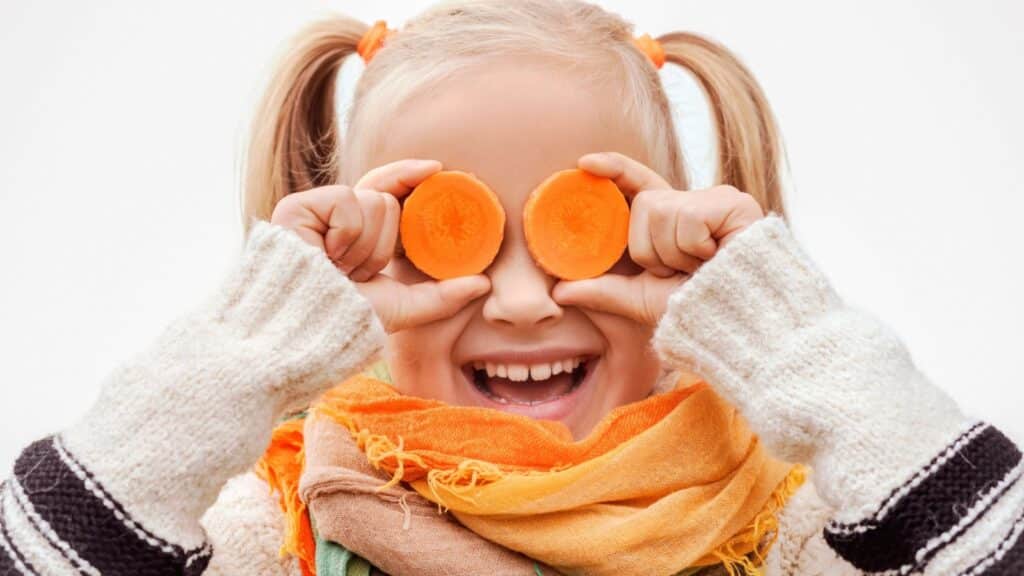
Your mom probably told you carrots improve night vision. That’s a myth? WWII British propaganda to keep their radar technology success a secret. Instead of revealing the secret, they attributed the win to carrots so that spies would be made into clueless bystanders. Good snack? Absolutely. Miracle vision? Not at all.
Detox Teas Will “Cleanse” You
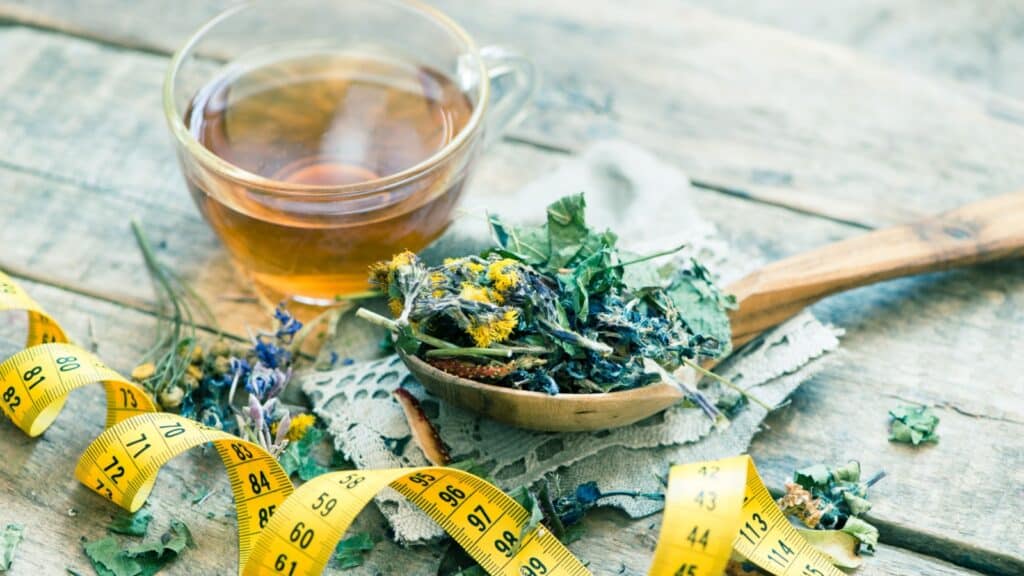
Instagram made it look so effortless — drink a “detox” tea and, voilà, radiant skin and flat tummy. Reality? Laxatives in a cute package. No science at all. Only bloating, trips to the toilet, and a dash of self-deception with a discount code.
Toilet Paper Softness Wars
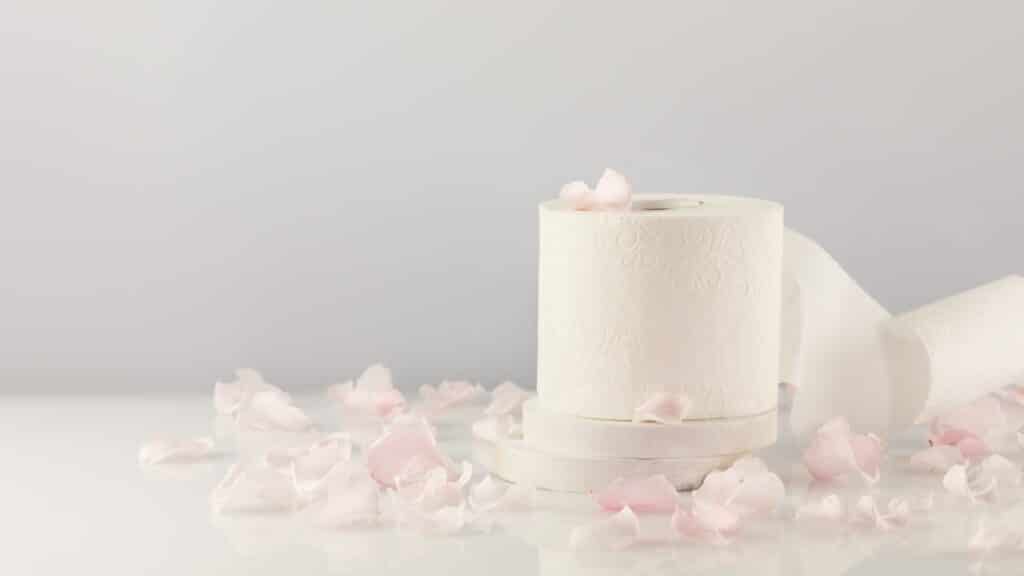
Have you ever asked yourself why all toilet paper ads are like they’re selling you clouds? It’s no accident. The “softness war” is all marketing — different companies use the same materials but wrap them in emotional comfort language. No one will use sandpaper to wipe with, but ultra-lux TP? All but nothing, hype and embossed patterns.
The “Clean” Laundry Smell

That scent of fresh washing? Yeah, that ain’t what clean smells like. It’s added artificial fragrance to give you the illusion that you are clean. We have been trained to accept “clean” as chemical perfumes — even when we’re literally smelling toxins. Yikes.
“Low-Fat” Equals Healthy
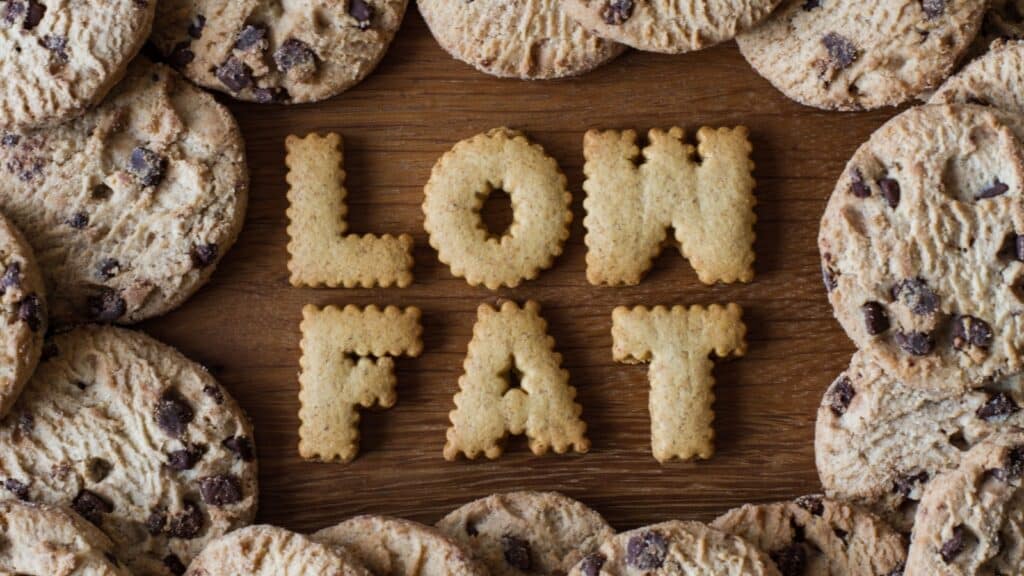
Remember when fat was the bad guy? Cookies, chips, and everything in between were remade as “low-fat” and marketed as guilt-free. Regardless of the sugar bombs they packed into compensate for the taste. It wasn’t health food — it was just health theatre.
“Anti-Aging” Creams That Reverse Time
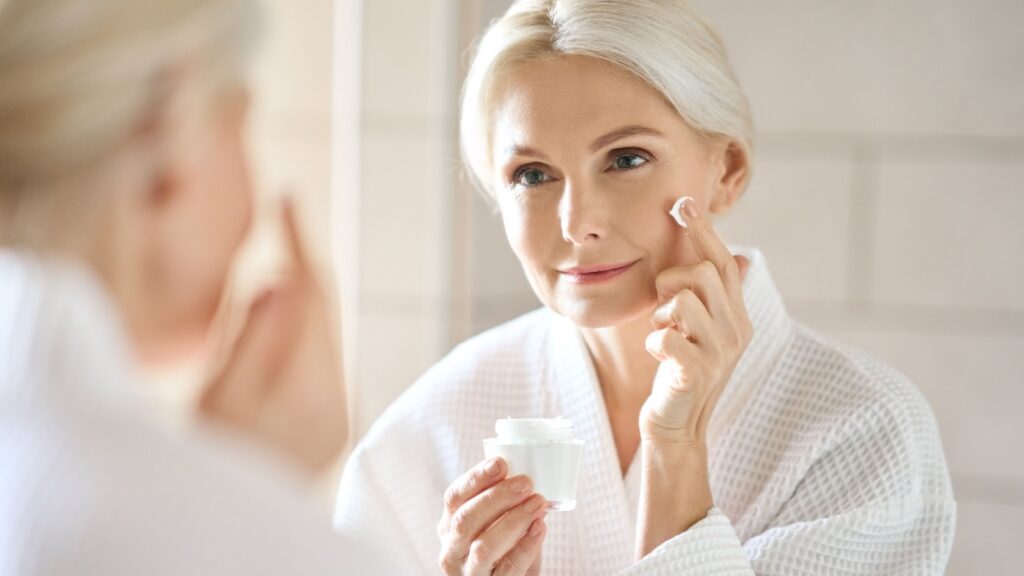
A dab of miracle cream and you’re 20 again? Not quite. Most anti-aging products do very little beyond moisturising. But the beauty industry knew we’d pay anything to believe in time travel in a bottle. Aging isn’t the enemy — bad marketing is.
“Made with Real Fruit” Means One Drop
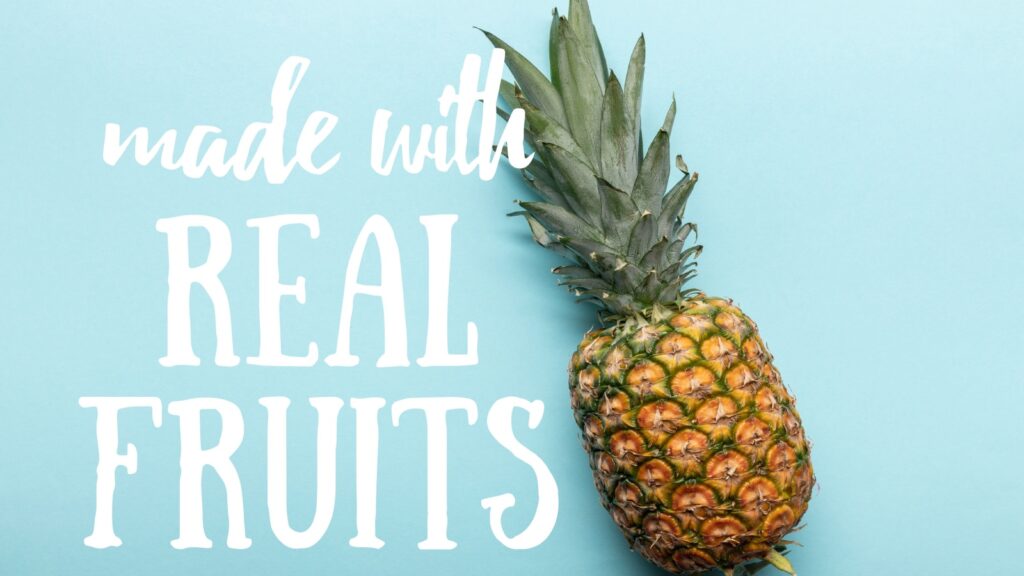
That “real fruit” promise? Legally, it could mean a single molecule of fruit drifted through the plant during processing. It’s such a vague term that it doesn’t actually communicate anything — but it’s sufficient to sound natural and healthy enough that parents are willing to pass on sugar in disguise to their kids.
“Light” Cigarettes Were Healthier
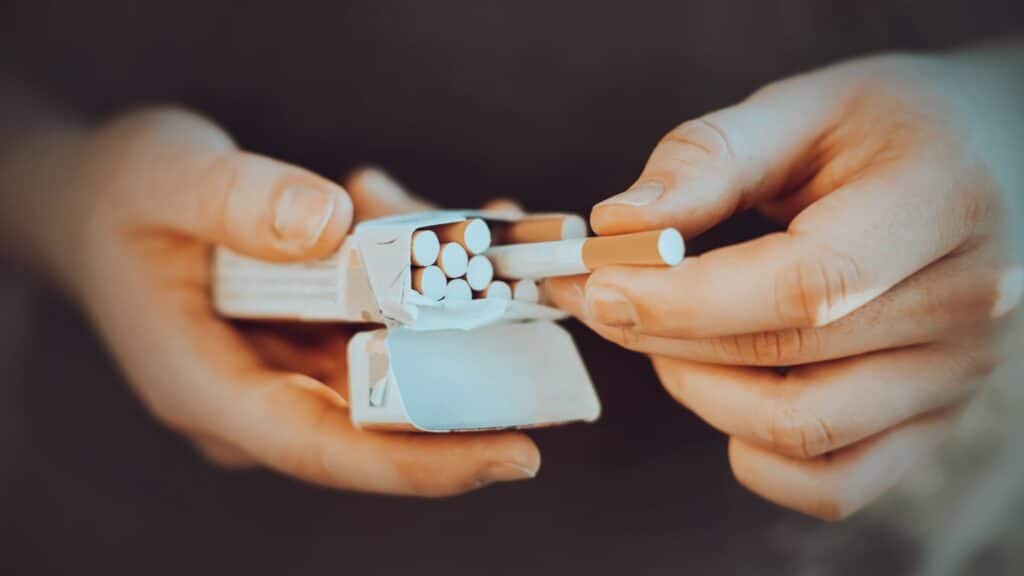
Years ago, “light” or “low tar” cigarettes were being promoted as a healthier alternative — you know, for the health-conscious smoker. The advertising protected consumers but killed them just as well. Advertising doesn’t get any worse than that.
The Myth of “Soap That Kills 99.9% of Germs”

That oddly specific claim? It’s a statistic drawn from rigorously controlled lab testing — not actual life. In real life, your hands don’t become a sterile operating theater. But the dream of almost complete germ annihilation? That’s more sellable than “cleans okay.”
MSG Panic Was Never Real
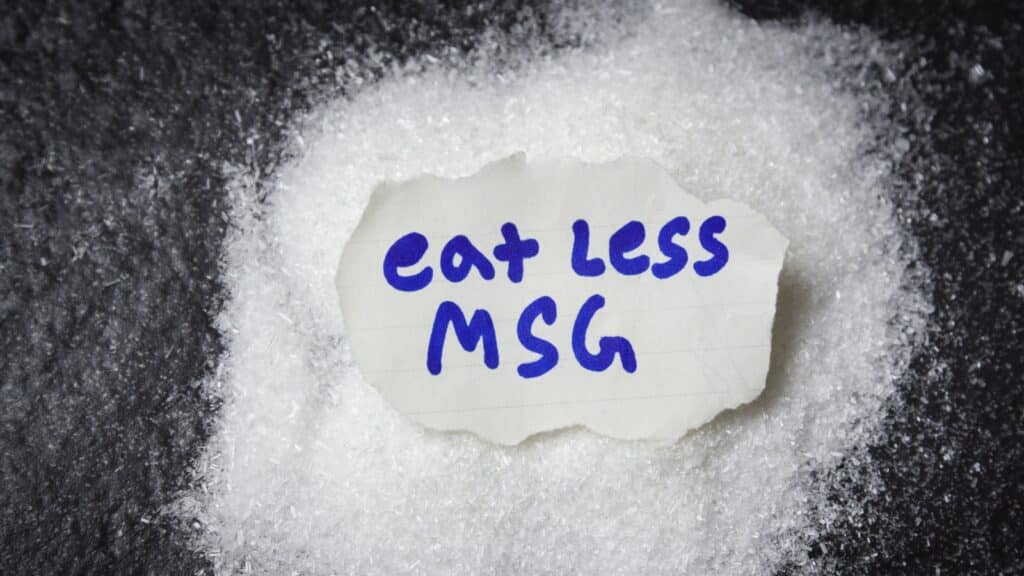
“MSG will kill you!” screamed headlines in the ’80s and ’90s. Surprise: Monosodium glutamate is okay when consumed in decent amounts. The hysteria was founded on subpar science and subpar racism against Chinese food. In the meantime, food companies took advantage to promote “MSG-free” products and capitalize on your fear-mongering money.
The McDonald’s Milkshake “Made with Real Ice Cream”
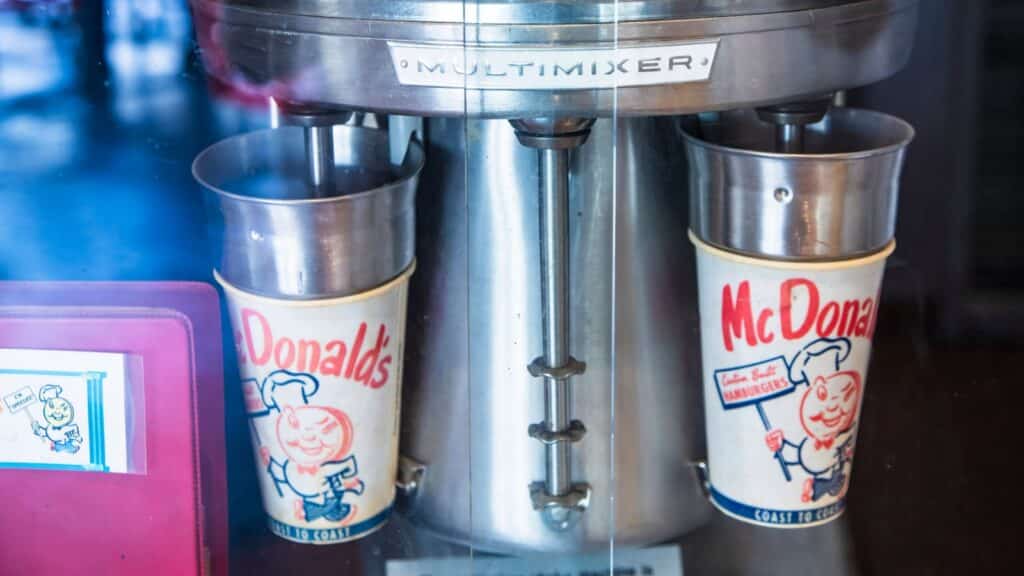
Tastes great — and technically, legally correct. But “real” has to do with overtime. That rich stuff? Thickeners, stabilisers, and magic in the flavour department. You weren’t sipping a homemade milkshake — you were sipping corporate chemistry in a cup.
“Organic” Means Guilt-Free
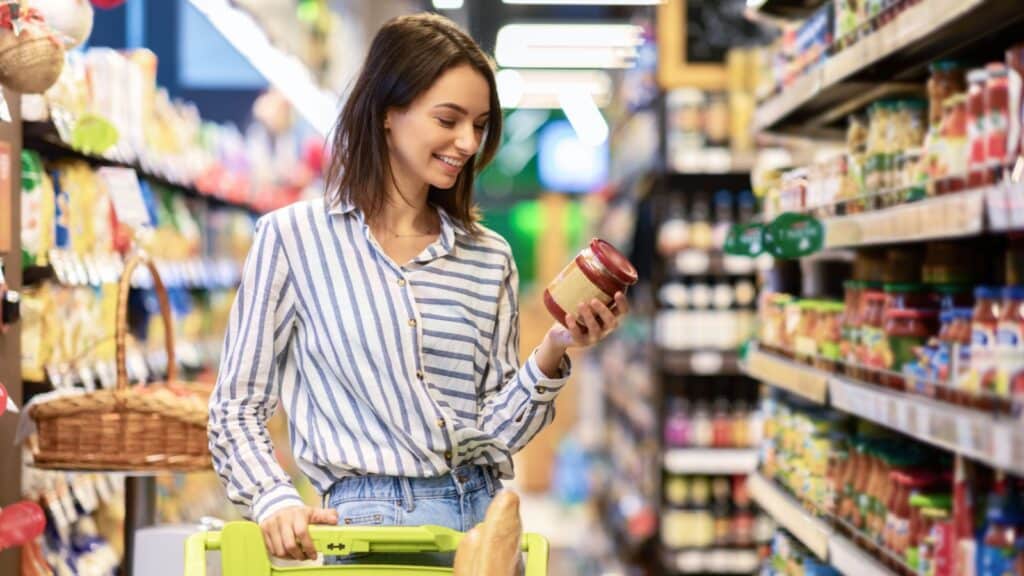
You read the word “organic” and thought: clean, wholesome, healthy. But marketing ran with that and created something that fed into our desires. Organic sugar is still sugar. Organic junk food is still junk food. But put that on it, and all of a sudden it’s like self-care.
15 Things Invented by Accident That Changed the World
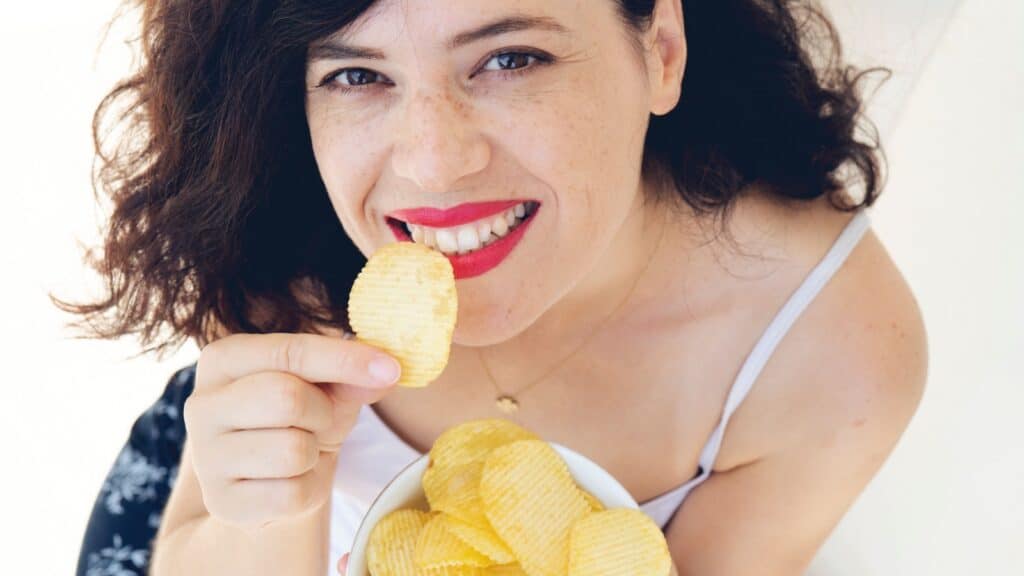
From messy equations to careless errors, these “oops” flipped the world upside down. So go ahead, the next time be a bit clumsy – you’re just a slip away from changing the world. These 15 happy accidents illustrate that genius doesn’t always don a lab coat… sometimes it slips on a banana peel.
15 Things Invented by Accident That Changed the World
15 Things You Didn’t Know Had a Surprisingly Dark History

We go about using the things we do without knowing that there are some dark stories attached to them. Once you read these, you will never be able to look at some of those “harmless” things in the same way again.
15 Things You Didn’t Know Had a Surprisingly Dark History

